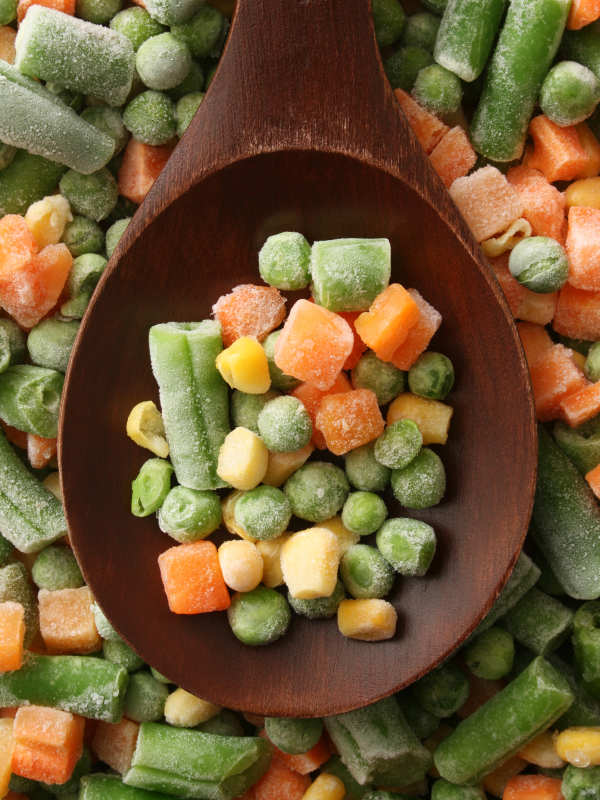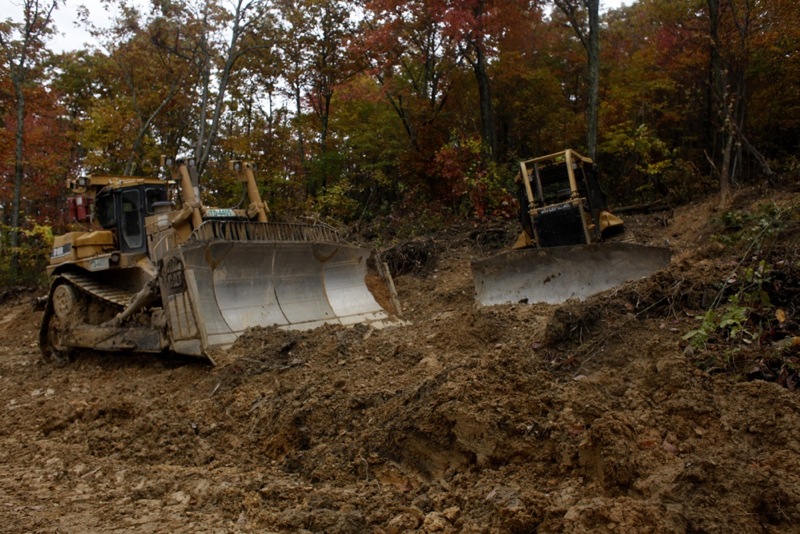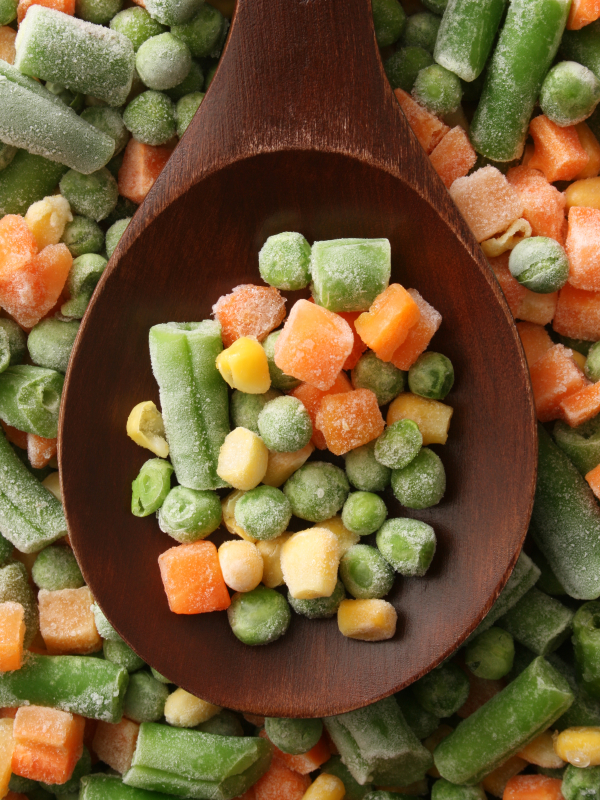Send your question to Umbra!
Q. Dear Umbra,
For those times when fresh vegetables are not available, are canned or frozen veggies the way to go from a sustainable and nutritional standpoint? Assume that we recycle in our household. Cheers!
Mark L.
Sanford, Fla.
A. Dearest Mark,
 I thought you Floridians would just live on fresh oranges and lemons all winter. Scurvy must have its opposite, I suppose, and one never hears of orange casserole or orange stew.
I thought you Floridians would just live on fresh oranges and lemons all winter. Scurvy must have its opposite, I suppose, and one never hears of orange casserole or orange stew.
On the sustainability front, there is no clear and dominant difference between canned and frozen veggies — or, to say that another way, studies differ. The major ding on frozen food is the energy you use to keep it frozen; for canned, it’s the energy used to make the cans.
Based on what I read, I would recommend that if you cannot purchase fresh vegetables for some reason, you purchase high-quality processed vegetables with no additives, that you eat frozen vegetables within two weeks, and that you religiously recycle your steel cans. Of course, you should first be buying whatever fresh produce is available in wintry Florida.
Grade A frozen foods are harvested when ripe and quickly taken to the freezing plant, where they are (even more quickly) flash frozen at extremely low temperatures. The modern industrial freezing process retains almost all the original nutritional value of the food (according to nutrition guru Marion Nestle’s helpful book What to Eat). Good to go on the nutrition angle. But it’s important to have an efficient freezer. One study using 1970s data found that the longer frozen foods sit in the freezer, i.e., are using energy in storage, the more they fall behind canned goods in the efficiency smackdown.
The canned goods are a bit less nutritious, but a study that looked closely at this issue found the differences between frozen and canned carrots to be insignificant. Carrots in syrup, or whatever they might put carrots in, would of course fall in to the category of dessert or a processed food, and cannot be favorably compared to fresh. As you know, the ecological issue with canned carrots is the steel can itself, which has high embodied energy costs. If a study assumes the recycling of the steel can, then canned vegetables can compete favorably with frozen vegetables on the sustainability index. (One health consideration is that BPA is often used in the linings of such cans.)
All this to say, the two forms of commercial preservation are ecologically comparable, so we can all put this issue out of our minds and focus on eating our recommended daily allowance of fruits and vegetables. As we discussed last week vis bike helmets, it is ecologically important to remain in good health and away from hospitals. Fruits and vegetables help us achieve this goal. They also help us eat low on the food chain, an even more vital objective in the sustainable kitchen.
Five a Day-ly,
Umbra



